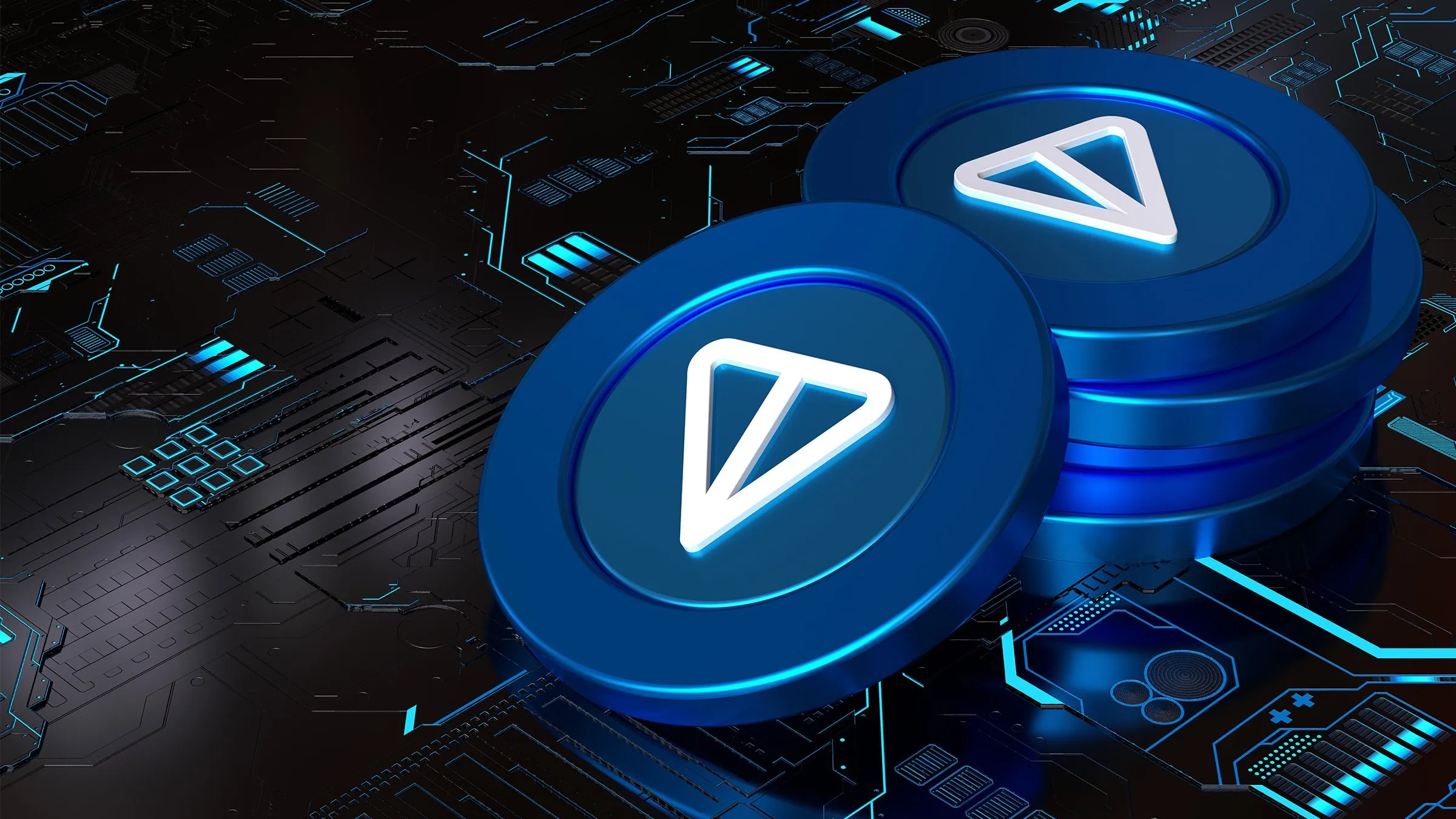Toncoin’s price slipped below $5 on Tuesday, hitting a four-month low following the arrest of Telegram founder and CEO Paul Durov in France late last month.
The Telegram-linked cryptocurrency, which powers The Open Network (TON), is officially separate from the messaging app. Still, TON has roots with Telegram’s CEO, and it serves as the backbone for Telegram’s crypto features, such as in-app, digital wallets.
Over the past day, Toncoin’s price had fallen 4.1% to $4.95 , showing a 26% loss over the past two weeks. With the asset market cap at $12.4 billion, Tuesday’s dip was enough to push Toncoin out of the top ten cryptocurrencies ranked by market capitalization, according to CoinGecko .
While Toncoin’s integration with Telegram yielded an initial burst of users, Durov’s arrest and a recent network outage have compounded price declines, as TON shows signs of struggling to grow beyond Telegram use-cases, said David Kinitsky, the COO of Dominant Strategies, a blockchain development firm.
“You could not ask for two worse events to come back-to-back,” Kinitsky told Decrypt in an interview, adding the events amplified questions about TON’s resilience and growth.
Durov was arrested on charges related to Telegram’s lack of moderation. French authorities said he refused efforts to stop the spread of illegal activity on the platform, such as drugs and money laundering. Following his indictment on six charges, Durov was released on bail last week.
While Toncoin’s price is up 166% over the past year, a majority of holders are in the red, according to IntoTheBlock data . Around 70% of addresses holding TON bought the cryptocurrency above its current price, while 10% have profits on paper.
Telegram began rolling out TON-based wallets to users last September. And nearly a year later, tap-to-earn games are driving a speculative wave of engagement. It all started with Notcoin , followed by games such as Hamster Kombat and X Empire .
In July, Durov celebrated as Telegram hit 950 million users. But depending on how Durov’s criminal case plays out, access to Telegram could be impacted in certain regions, preventing that lucrative integration from driving new Toncoin users, Kinitsky said.
“It's a double-edged sword,” he said. “Once they reached saturation on Telegram, the question became where the next leg up was, and furthermore, how they foster a developer community.”
Telegram features its own app store with more than 1,100 different applications. While many apps support Toncoin as a currency, the network has a smaller number of DeFi protocols.
So far, 23 DeFi protocols have been launched on Toncoin, according to DeFillama . Of those, a majority are focused on liquid staking, with a couple of decentralized exchanges representing a lion’s share of assets deposited or staked in Toncoin smart contracts.
Since mid-July, the total value locked of assets on Toncoin has dropped to $333 million from $776 million. As Toncoin’s ability to grow has come under greater scrutiny, that’s left little in terms of an ecosystem of apps for the project’s merits to fall back on, Kinitsky said.
Meanwhile, the network has weathered several outages. Last week, the launch of a dog-themed meme coin on the network ground TON to a standstill for more than three hours, for example. Previously, network outages were a price-pummeling thorn in Solana’s side.
Originally, TON was envisioned as the Telegram Open Network by Durov and his brother Nikolai. But the company stepped away from the project as it neared completion in 2020 after the Securities and Exchange Commission (SEC) raised concerns about an associated token.
The project was later picked up by a group of community developers, who launched it as The Open Network in 2022. Ultimately, Kinitsky said that TON’s prospects would be bolstered by a greater focus on technical solutions making it easier for developers to build protocols.
“I haven't seen as much infrastructure, middleware, and tooling being built around the TON ecosystem,” he said. “You got very easy distribution and bootstrapping, but if you can't take the next leg up or go further [...] then what’s going to happen here?”


